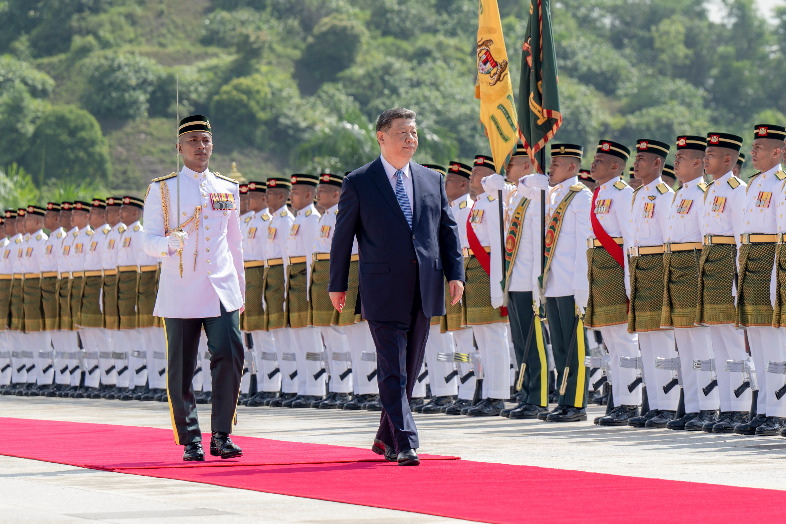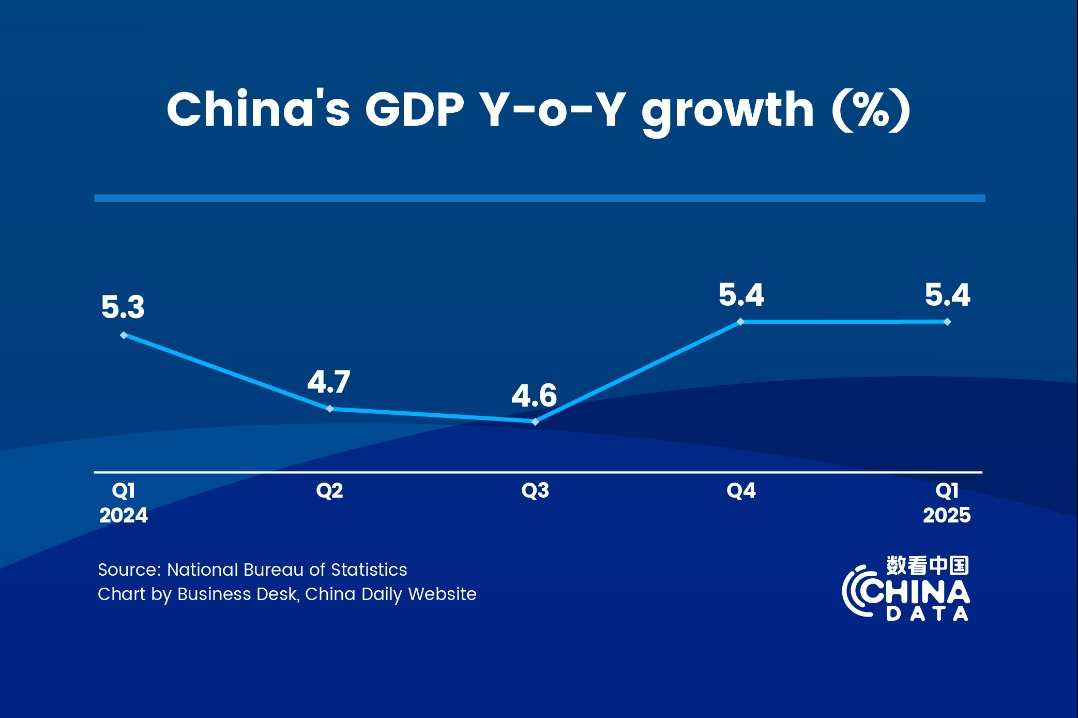Saving lives best way to protect human rights

Important to safeguard vulnerable groups' rights
The COVID-19 pandemic has reminded us about the importance of a comprehensive social protection system that can prevent poverty and social exclusion. The social consequences of the pandemic are still uncertain. Yet we have reasons to believe that people in precarious positions are more likely to suffer because of the crisis.
Not only are the health risks unequally distributed, but also the consequences of "social distancing", closing down of businesses and increasing unemployment are unequally distributed in society (dependent among others on social class, gender and disability).
However, the sudden economic recession and the immense debt that is currently accumulating point toward a bleak future for social expenditure. And the crisis is likely to deepen social inequalities, and hence requires even more and better social intervention.
Rune Halvorsen, professor of social policy at Oslo Metropolitan University
Secure equal treatment without prejudice
Older people tend to be more politically active everywhere. Certainly, the political process seems to be more alive to their needs. In the past, at least, elder politics has had much to do with resources and little to do with justice or their human rights concerns. And people with disabilities, though many in number, have had limited political impact.
Three issues in particular during the COVID-19 crisis draw out the value of intersectional analysis in the context of disability and age. The first has to do with the more extreme consequence of segregation that affects both groups-institutionalization. Despite popular misconceptions, there is nothing natural or inevitable about institutionalization as a policy choice for older people (or anybody else for that matter).
The second common issue experienced by both groups has to do with equal treatment-or really unequal treatment-when it comes to healthcare and related services.
Third, and in common between both groups, the absence of their collective voice in the process of handling the crisis is almost universal.
It is important that the intersectional lessons from this crisis are adequately taken on board during the drafting of new instruments. They principally have to do with the wisdom of residential institutions for elderly people, the need to secure equal treatment without prejudicial judgments about the "quality of life" and the need to find better ways to co-produce emergency responses with the communities most directly affected.
Gerard Quinn, a professor of law at the University of Leeds, and a professor at the Wallenberg Institute, University of Lund, Sweden
Government helping people with disabilities
Although the novel coronavirus has infected people across the social and age divide, people with disabilities are one of the hardest-hit groups. The pandemic, in fact, has aggravated the inequalities they face.
President Xi Jinping has personally directed the fight against the virus. China attaches great importance to the life, health and protection of people with disabilities, particularly those who have been affected by the pandemic, and has taken effective measures to ensure their safety and health.
First, China has taken targeted measures to prevent and control the pandemic among people with disabilities, including providing them with timely updates on the epidemic through audios and sign-language videos, organizing online rehabilitation video courses for disabled children, providing counseling for people with disabilities who have lost their relatives to COVID-19 or have been quarantined.
Second, the Chinese government continues to strengthen care and assistance services for people with disabilities, especially those who live alone.
Third, the government has been helping disabled people find jobs, attend schools and meet their basic needs.
It has also raised the living allowances for people with disabilities who have been infected by the virus, while arranging for online education to help students attend classes. And it has made sure such people are not deprived of their basic livelihood, by arranging for their flexible employment by giving subsidies to enterprises that employ them.
Since the outbreak, the China Disabled Persons' Federation and its branches at all levels have been sending reports on the difficulties faced by people with disabilities because of the pandemic to relevant ministries and departments, including the finance, civil affairs and health departments, and have worked out policies and measures to help them fight the outbreak.
People with disabilities are facing much more difficulties than other people because of the pandemic, and the Chinese government has taken various measures to make their lives better. For example, to ensure that students with disabilities affected by the pandemic have access to education and rehabilitation services, the government has arranged for distance learning for them. And it has been paying special attention to opening online family rehabilitation and teaching courses for children with disabilities, and inviting experts to provide online counseling for them.
Hu Zhongming, a senior researcher at the research office of China Disabled Persons' Federation
Discrimination in the time of a global health crisis
The pandemic has had a disproportionate impact on vulnerable people. As reports show, the COVID-19 fatality rate for people above 80 is five times the global average. In New York, data show people with intellectual and developmental disabilities are five times more likely than the general population to contract COVID-19 and die from it.
But some governments' policies and medical practices to deal with the pandemic conflict with not only medical ethics but also international human rights norms. These policies and practices have the potential to be more disruptive to society than the disease itself.
The most prominent examples of such controversial policies and practices, as seen in countries such as the US, are discrimination against vulnerable groups, particularly people with disabilities, in the allocation of life-saving resources.
In the US, people representing many vulnerable groups have filed complaints with the federal authorities against the discriminatory allocation criteria. No wonder experts say medical malpractice litigations will increase in the near future.
Lin Nuannuan is a lecturer at the School of Law, Fudan University
The views don't necessarily represent those of China Daily.
































